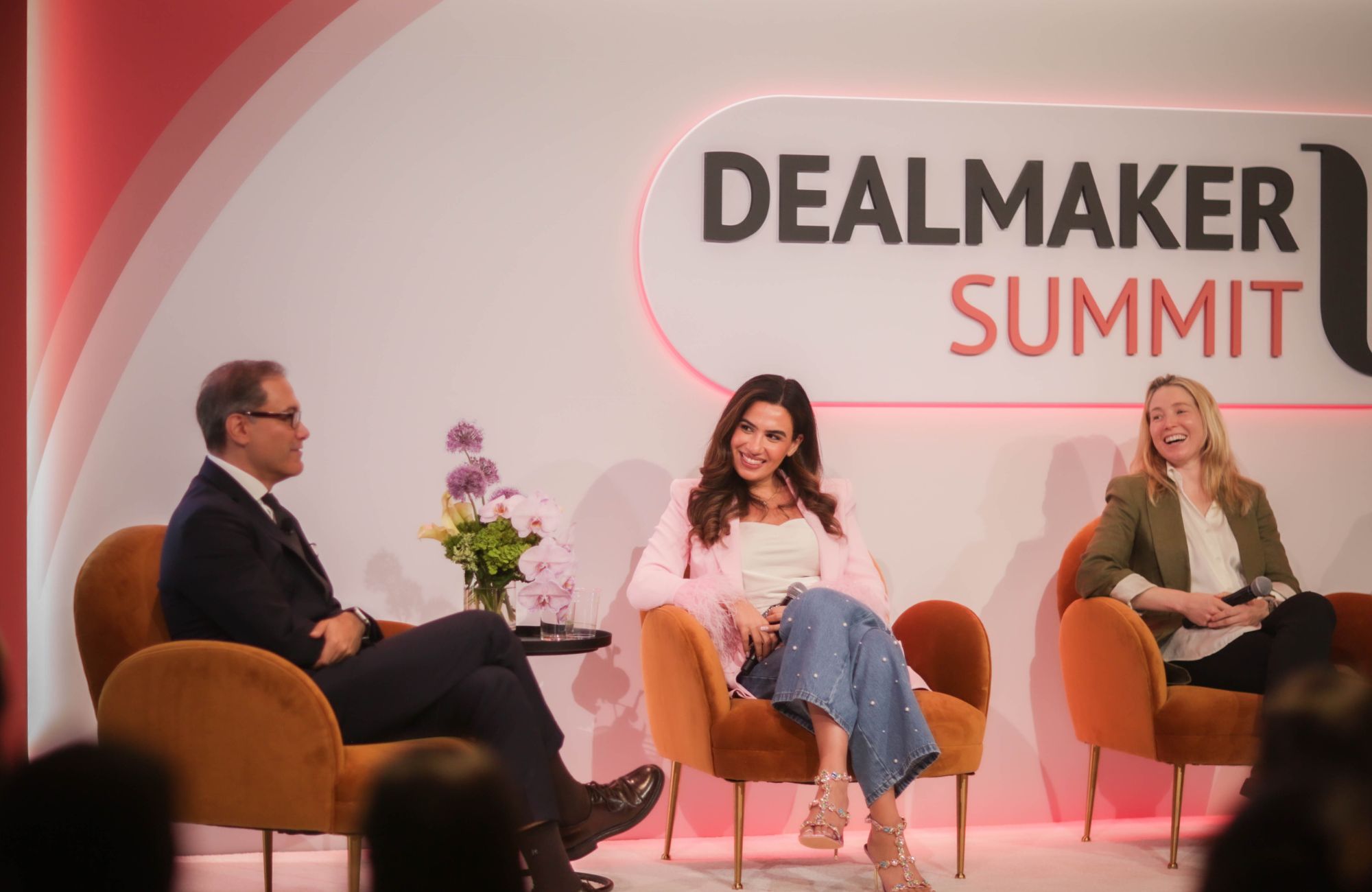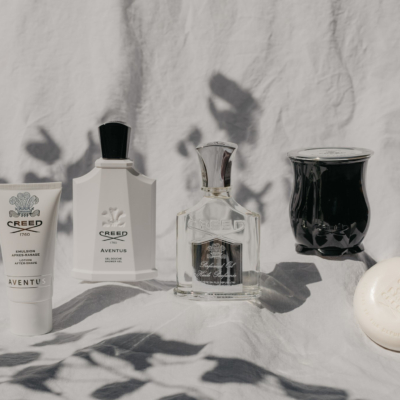
The Third Way: A New Era Of Beauty Dealmaking Emerges
As traditional mergers and acquisitions pathways lose their luster for many beauty brands, a new playbook is gaining traction among founders and investors. It’s not the tried-and-true strategic acquisition. Nor is it the well-worn private equity track. Dubbed The Third Way, this evolving approach was a key point of discussion at Beauty Independent’s 2025 Dealmaker Summit in New York City, where industry stakeholders gathered to rethink how modern beauty brands scale and sustain success.
Neither Exit Nor Empire
Historically, beauty entrepreneurs scaling beyond a certain point faced a binary choice: sell—often outright—to a strategic acquirer who could take the brand global and omnichannel, or partner with private equity to accelerate growth en route to an eventual strategic exit or IPO. Today, both paths come with growing headwinds. Fewer strategics are actively acquiring, the IPO window is all but shut, and traditional private equity’s track record in beauty remains mixed at best. So where does that leave brand leaders standing at this pivotal juncture?
The Third Way offers a different path forward. Combining operational expertise with capital flexibility, these models prioritize founder alignment, patient growth and strategic control. They involve a new class of capital partners—brand platforms, family offices and hybrid firms that defy easy categorization. These aren’t the usual suspects, but they’re not unproven either. They have track records, growing portfolios and success stories.
“This isn’t a retirement plan where they are taking your company and shipping you off to Florida,” said Beauty Independent publisher and Dealmaker Summit panel moderator Nader Naeymi-Rad. “They’re going to be with you for the next round in some form or fashion.”
As Michel Brousset, CEO and co-founder of Waldencast, put it, “We’re not a firm looking for an exit. We’re an infinite horizon company.”
Meet the Builders Reshaping Beauty’s Growth Playbook
Leading the charge are firms like Waldencast, Maesa and Bansk Beauty. The companies have distinct missions, but they share a commitment to longevity over liquidation.
Waldencast, helmed by Brousset, aims to modernize the beauty conglomerate model with a public, founder-forward structure. “If you had the opportunity to build a beauty company from scratch for the 21st century, how would you do it?” he asked at the Dealmaker Summit. His answer is assembling a nimble, scalable house of brands. Waldencast currently owns Milk Makeup and Obagi.
“When we bought Milk, it was doing about $45 million with negative EBITDA,” said Brousset. “Today, it’s doing well north of $150 million, with strong profitability and a 71% gross margin. That’s what operators do.”
Maesa operates with a build-from-scratch ethos, incubating haircare brand Kristin Ess and color cosmetics brand Flower Beauty, which was developed in partnership with Drew Barrymore. Its model fuses internal trend forecasting with tight retail partnerships, often co-creating brands with retail buyers or public figures.
“Today is the fastest it’s ever been, yet it’s the slowest it will ever be again,” noted Maesa CEO Piyush Jain. “If we don’t change ourselves to meet the needs of tomorrow’s consumer, we will be left behind.”
Led by group CEO Reuben Carranza, Bansk Beauty concentrates on unlocking value in growth-stage brands, including haircare brands Amika, Eva NYC and Ethique. Since acquiring Amika and Eva NYC, Bansk has worked to untangle shared infrastructure and accelerate individual brand strategies.
“We’re not flippers. We’re brand builders,” said Carranza. “Our edge comes from cleaning up operations and unlocking growth potential.”
Redefining Liquidity, Not Just Ownership
What if a founder wants liquidity without giving up control?
New financial structures like dividend recapitalizations, family office investments and private debt offer founders a way to take chips off the table without sacrificing their brands’ future. These transactions are often easier and faster than a full sale, allowing founders to extract capital while maintaining strategic autonomy.
“A dividend recap is like a home equity line of credit,” explained Luc-Henry Rousselle, managing director at investment bank DC Advisory. “You’ve created value. Why not access it on your terms?”
Family offices Movendo Capital and REDO Capital are becoming more active, offering not only patient capital, but also strategic empathy. “We don’t need an exit to win,” said Aweng Majidpour, growth equity investor at Movendo, which backed Touchland and Pochet du Courval. “If the business is healthy and growing, that’s success.”
REDO’s Lusa Zhou, co-founder and managing partner at REDO Capital, said, “There are so many opportunities on a geographic, channel or product basis. Our job is to help founders prioritize what really matters and keep them focused on sustainable execution.”

Legacy, Revived
For some firms, value creation isn’t just about speed and scale, it’s about revival. Yellow Wood Partners is acquiring underperforming, but familiar brands from large consumer packaged goods conglomerates. Suave, ChapStick and Dr. Scholl’s are among the recent carveouts it picked up.
“When we say ‘carveout,’ it has the same tone as someone who’s had kidney stones,” joked Yellow Wood Partners principal Jennifer Roach. “But what you gain is brand equity that you can’t manufacture. These are 100-year-old brands with generational trust.”
Yellow Wood Partners reenergizes brands that were getting short shrift inside sprawling corporate entities. “You get a dedicated team waking up every day thinking about how to revive ChapStick,” said Roach. “That’s not something it was getting inside a 500-brand portfolio.”
A Shift in Mindset
Ultimately, The Third Way isn’t defined by a specific structure, it’s a philosophical shift. The players in it bring operational know-how, industry expertise and a long-term lens. For founders who want to build with intention rather than rush toward the next exit, that shift is resonating.
“It’s like adding an engine to the plane while you’re already in flight,” said Naeymi-Rad. “That’s the stage most brands hit when they plateau. The right partner helps you stay airborne and accelerate.”
For founders wary of selling or stalling, The Third Way can offer a more nuanced and arguably more enduring option.
Click here to learn more about Dealmaker Summit happening June 8 & 9 in New York.






Leave a Reply
You must be logged in to post a comment.